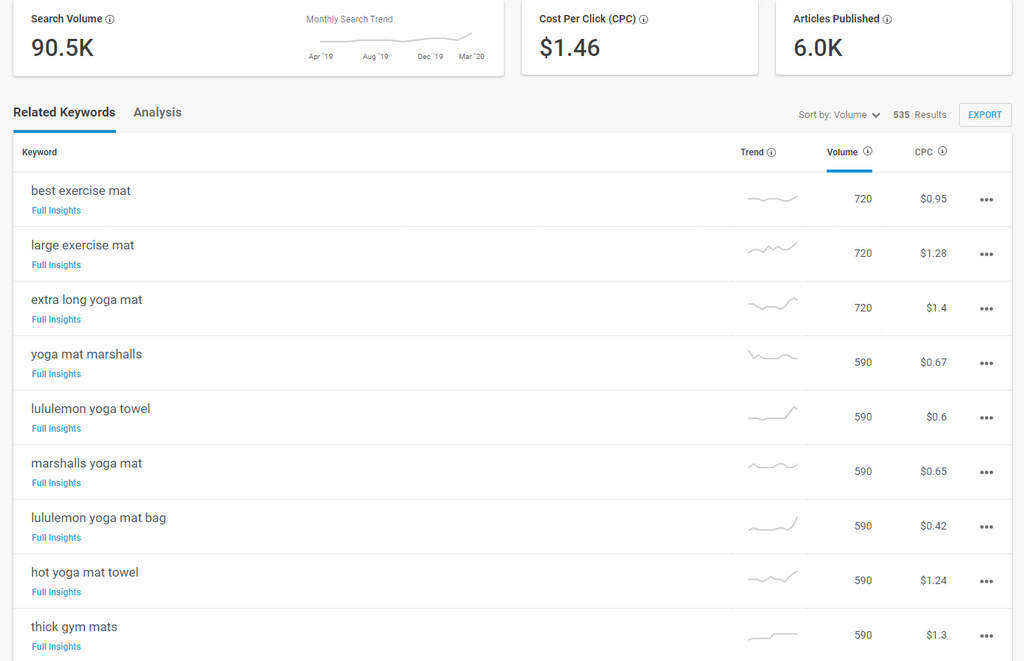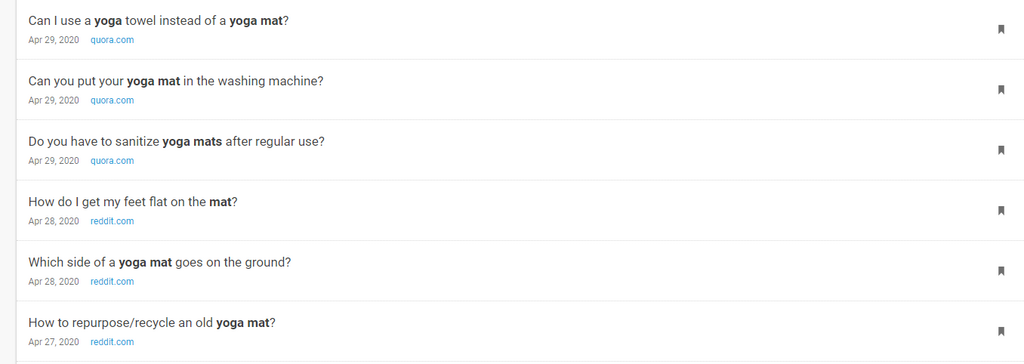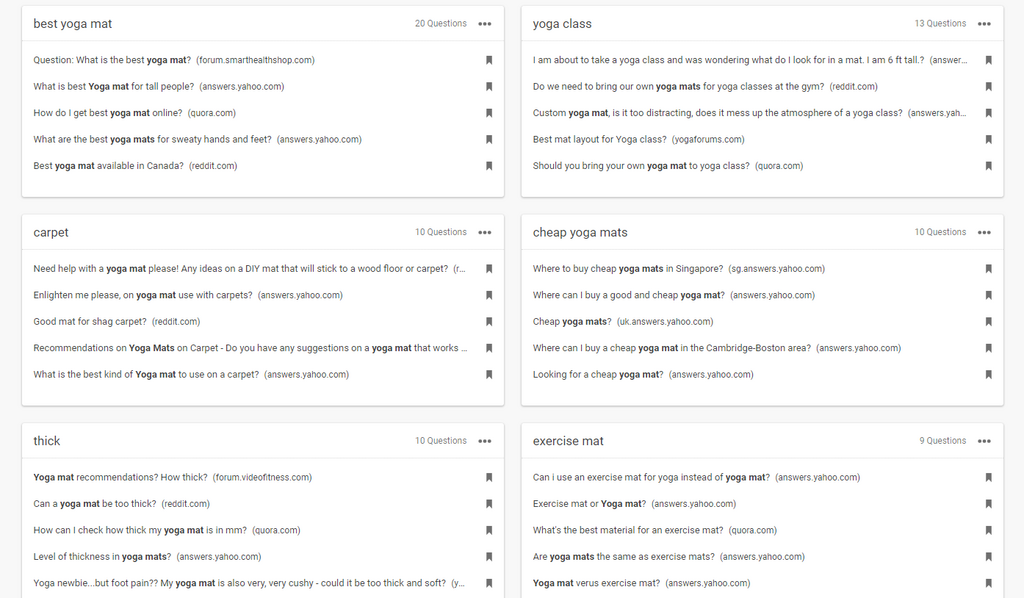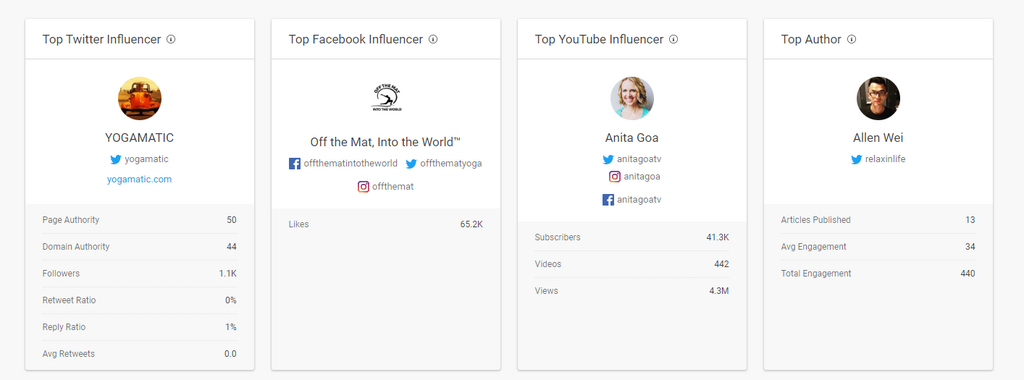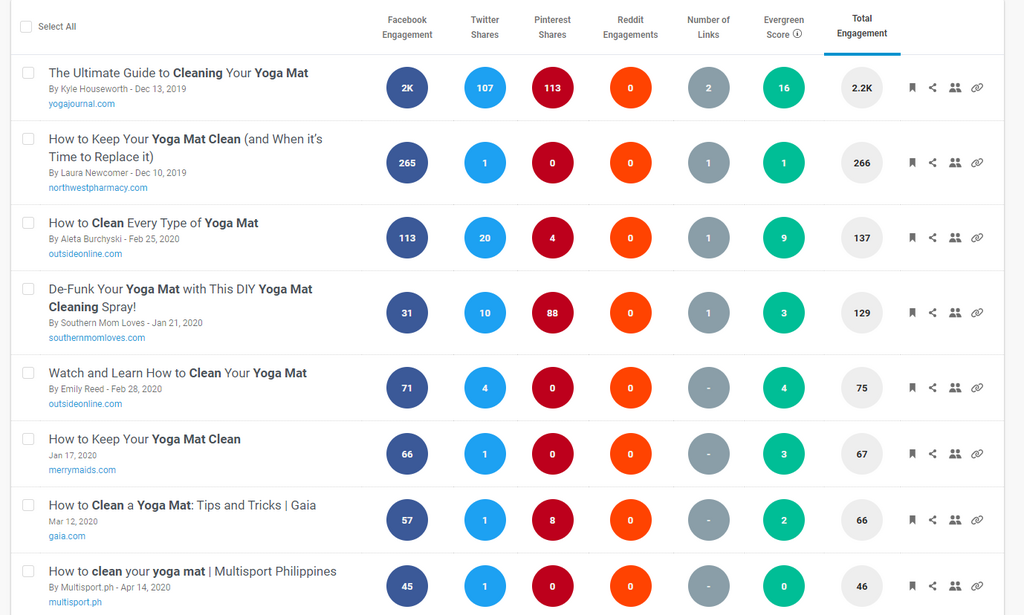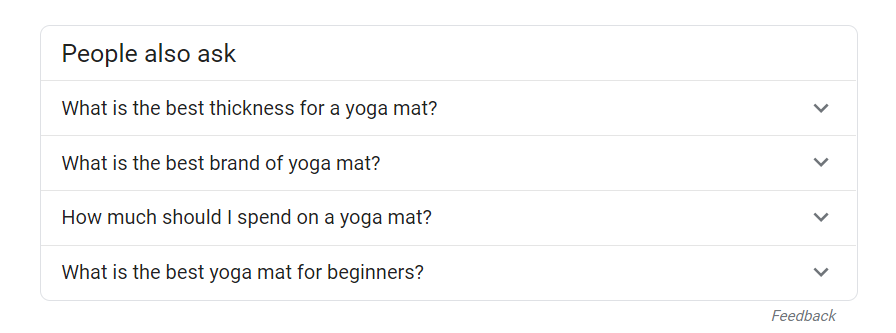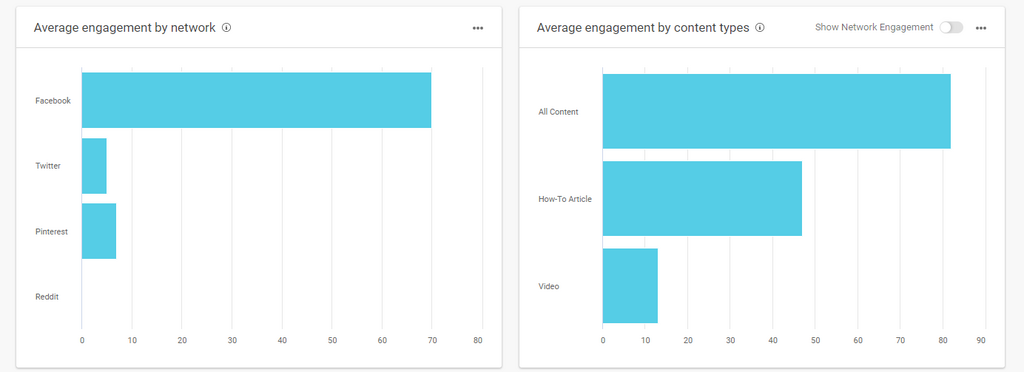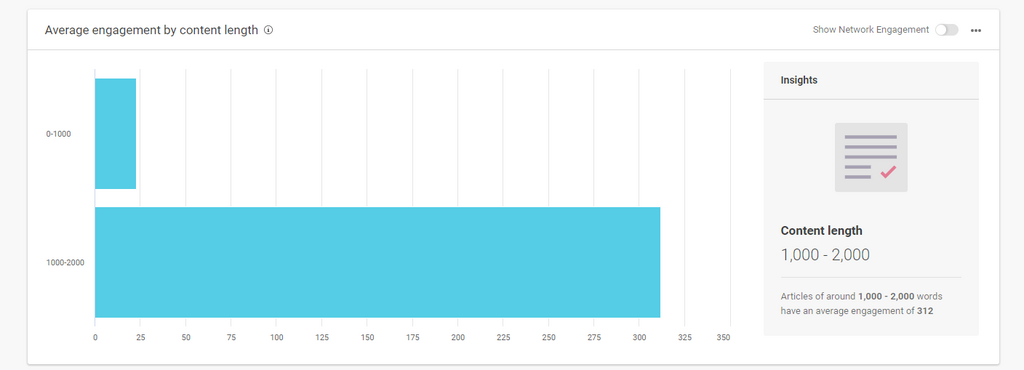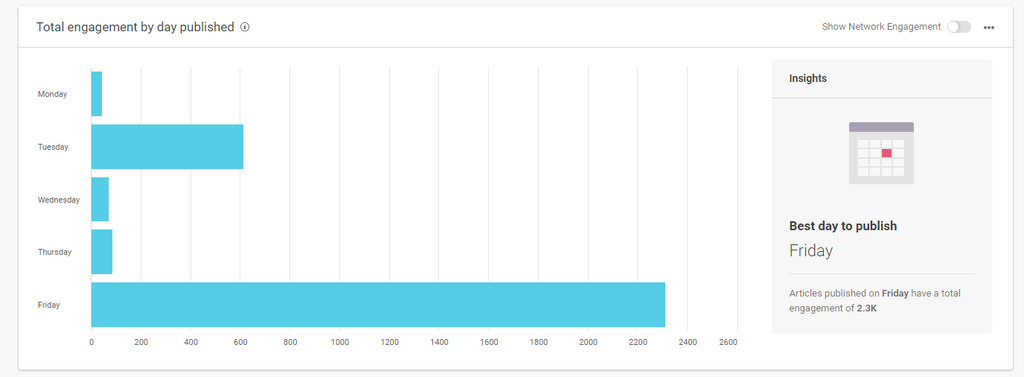Published June 1st 2020
Everything You Need to Know About Keyword Research for Content Marketing
Keyword research isn’t just necessary for SEO – it also helps you understand your audience on a deeper level, so you can create the content people are searching for. Here’s how to get it right.
Effective keyword research is vital for boosting organic visibility and connecting with your target audiences.
Creating an incredible piece of content chock-full of detailed advice, infographics, and expert interviews is only half the battle. If you’re not including the right keywords in the right places, no one will see it!
Keywords are important for two reasons:
- Building a sustainable long-term SEO-driven content marketing strategy
- Understanding who your target audience is, how many people make up your audience, and what kind of questions/problems they face
Fortunately, it’s easy to run strategic keyword searches and use the results to build amazing content that your audience will love. Here’s how.
How to Run Keyword Research for Content Marketing
Just any old keywords won’t do. You need to pick the right keywords for your audience, topics, and brand.
Understand How to Choose the Best Keywords
Before you can run effective keyword research for your content, you’ll need to understand what makes a keyword a good (or bad) choice to optimize.
Ideally, you’ll want to choose long-tail keywords – as opposed to broad keywords. Long-tail keywords typically contain three words or more and they’re a great choice because:
- You’ll have to fight against less competition.
- They’re more specific.
- They tell you more about the searcher’s intent aka why they searched and what they expect.
- The searcher is usually closer to making a purchase or completing an action.
Lots of marketers get caught up with search volume. However, high-volume keywords are typically short and not very descriptive of the searcher’s state of mind. In other words, it’s a challenge to optimize for these keywords. Think “red dress” compared to “patterns for a red summer dress.”
Research Your Seed Keywords
First, you’ll want to get some broad seed keywords together. Yes, we said long-tail keywords are better. BUT you can run research on broad keywords and narrow down your chosen ones to long-tail keywords based on the results.
Say you’re running a website that sells yoga mats. You’d type “yoga mats” into the BuzzSumo keyword research tool and voila:
Now you have thousands of keyword ideas – including many long-tail ones!
From there, feel free to export the results as an Excel sheet so you can filter, analyze, and look for groupings.
Figure Out What Questions Your Audience is Asking
Optimizing your keywords isn’t enough to earn the first page of Google search results or build an engaged audience.
If you want to create impactful content, you must answer people’s questions and solve their problems. BuzzSumo makes it easy to explore your keywords and figure out which relevant questions your audience has.
By running the keyword “yoga mat” through the BuzzSumo Question Analyzer, you get tons of potential topic ideas aggregated from forums across the internet:
Content about upcycling and cleaning yoga mats would be a smart idea!
By switching to the “Related Themes” tab, you get even more ideas related to the topic:
Looks like there are plenty of content opportunities to help people with sweaty hands or carpeting!
Note What Your Audience Has Already Consumed
No one wants to be the person telling people stuff they already know.
Part of effective keyword research involves choosing the right topics and adding nuance to the discussion. If you want to add nuance, you first must figure out what your audience has already read.
After running the “yoga mat” keyword search, you can click over to the Analysis tab for a deeper look at the content. Scroll to the bottom and you’ll see a list of top influencers to follow.
You can also head over to the Content Analysis tool where you’ll find the most popular posts. You’d want to run a search for, say, “yoga mat cleaning” and read the top-shared articles so you can differentiate yourself.
Analyze the First Three Top-Ranking Posts on Google
The first page of Google search results doesn’t happen by chance. Google’s bots scan billions of posts across the internet to choose the best pieces of content for each keyword.
Now, those top-ranking pieces have a few things in common. They generally:
- Are long-form articles of 2,000 to 3,000 words
- Include well-researched and comprehensive content
- Provide the most current and accurate stats and information on the topic
It’s a smart idea to run a Google search for your target keyword and open the top three articles. Ask yourself what’s missing from these articles? How can you improve the content? Are the statistics outdated? Can you add a new angle?
If you want to outrank the top pages, you must create better content. That’s just a fact.
Check the Google Related Searches and Snippets
As part of your keyword research, it’s worthwhile to run a Google search for your target keyword and analyze the information on the results page.
First, scroll to the bottom and look at the related search terms. Would it be smart to analyze these keywords individually? Should you include them inside your own content?
Look at the “People also ask” section as well. That’s a valuable insight into your audience. Try to answer these questions in your own blog post.
Identify What Highly Engaging Posts Have in Common
How long should your blog be? When should you publish it? BuzzSumo can help you answer these questions and more!
Head back to the Content Analyzer and run your search again except this time, you’ll click on the Analysis tab.
Looks like Facebook is the best platform to share and a general or how-to article would work.
You’ll definitely want to keep your blog between 1,000 and 2,000 words and publish it on Friday:
Start Your Keyword Research Now
BuzzSumo can help you reach the right audiences with content that adds true value to their lives. Content and keyword analysis tools help you figure out what they’ve already seen so you can bring nuance to the conversation and build relationships.
Boost SEO now with BuzzSumo’s new keyword research tool.
Categories
SEOCategories
SEOThe Monthly Buzz⚡
Subscribe to BuzzSumo's monthly newsletter to:
Stay up-to-date with the best of the best in content marketing 📝
Get data-informed content, tips and tidbits insights first 👩🏻💻
Read top shared content by top marketing geeks 🤓
Try
Enter any topic, term or url to search to see BuzzSumo in action. It’s free!
100% free. No credit card required.
